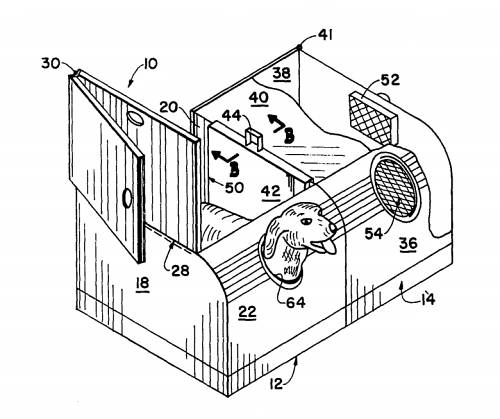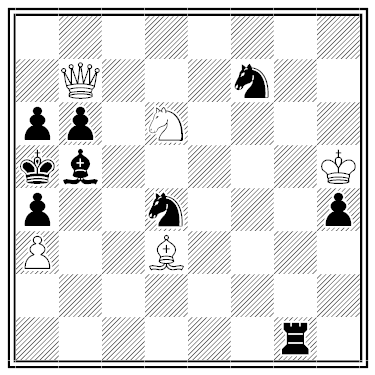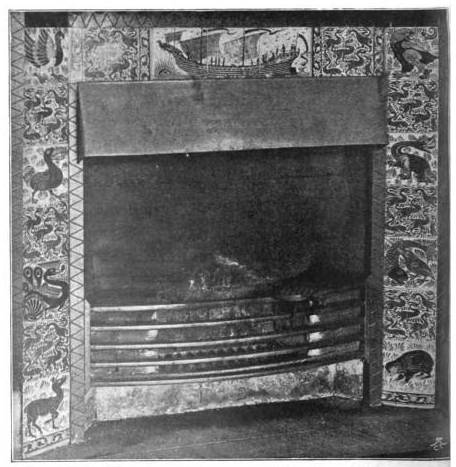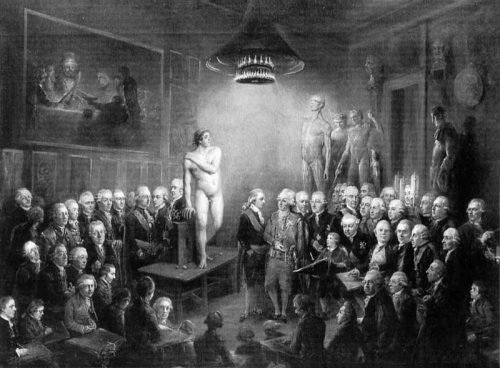In 1950, Stanford graduate student Robert E. Young realized that two chapters of Henry James’ novel The Ambassadors had been reversed in every American edition since 1903.
“Various discrepancies in facts and time are apparent on careful reading of the chapters in their present order,” he wrote. “On the other hand, the reversal of the two results in the complete elimination of these discrepancies.”
It turned out that the two chapters appeared in the opposite order in the English editions, and many American publishers adopted that order accordingly.
But James himself had not noted any error in revising the American text in 1909, and it’s possible to view that version as correct and the English text as reversed, if one allows for some chronological inconsistency.
The result is that there is no definitive text. “The mishap is particularly ironic,” Young wrote, “in view of the fact that James regarded The Ambassadors as his most perfectly constructed novel, his masterpiece.”







